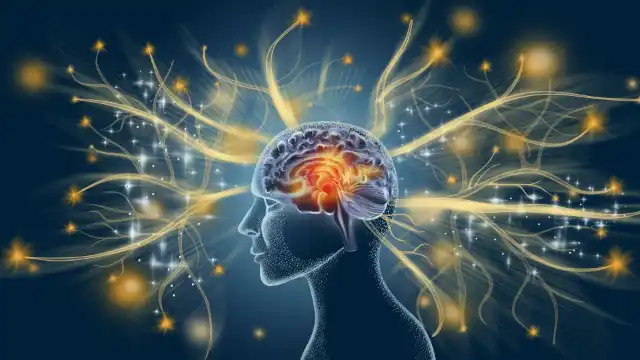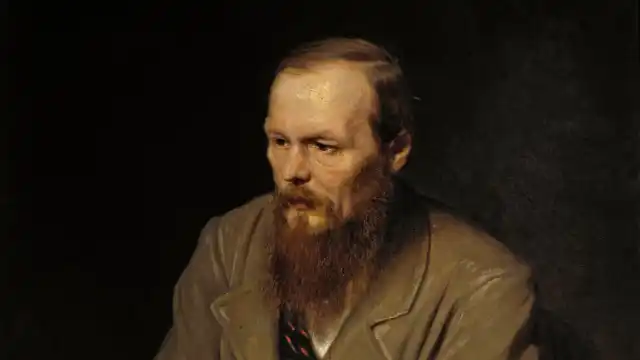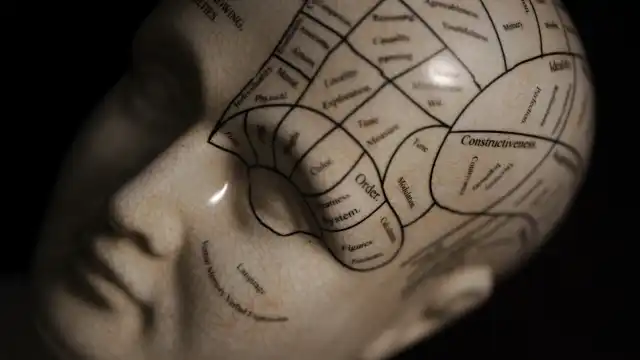Articles
Faith in religion often centres on beliefs without direct proof, raising questions about how to validate these beliefs. Major religions address this through three key sources of authority: divinely revealed teachings (such as scriptures and prophets), interpretations by institutions and leaders, and personal spiritual experiences. Prophets like Moses, Jesus, and Muhammad serve as pivotal figures in Abrahamic religions, while Hinduism and Buddhism emphasise mystics and enlightened teachers. These teachings are often codified into scriptures, shaping religious movements and distinguishing adherents. Institutional guidance, such as Catholicism’s Papal infallibility or the roles of rabbis and imams, further influences religious practice. However, individual understanding also plays a vital role, with movements like Quakers and Pentecostal Christianity emphasising personal connection with the divine. Furthermore, in Dharmic traditions, personal enlightenment is central. Ultimately, religion intertwines shared frameworks with deeply individual interpretations, reflecting a complex interplay of faith, authority, and personal insight.
Racism, at its core, is a psychological disease rooted in the human tendency to magnify minor differences and externalise inner conflict. While race has no basis in biology or genetics, it persists as a social construct, fueled by humanity’s compulsion to categorise and affirm superiority. Drawing on Freud’s concept of the 'narcissism of minor differences' and the biblical story of Cain and Abel, the article explores how jealousy, insecurity, and self-hatred manifest as prejudice and violence. Like a poisonous weed in the garden of humanity, racism spreads and chokes unity, but it can be addressed through empathy, understanding, and persistent effort to nurture a world defined by our shared humanity.
Fyodor Dostoyevsky’s exploration of morality in 'Crime and Punishment' delves into the tension between self-interest, reason, and true moral conviction. Through the character of Rodion Raskolnikov, who rationalises the murder of a moneylender as a means to benefit society, Dostoyevsky exposes the fragility of moral justifications rooted in convenience rather than steadfast principles. Raskolnikov’s inability to adhere to his proclaimed utilitarian reasoning, especially when faced with unforeseen challenges, highlights how self-interest can obscure moral clarity. The contrasts with religious narratives, where figures like Job and Jesus embody unwavering moral integrity despite adversity, suggesting that true morality transcends personal gain and may require a foundation in faith or transcendent values.
Emerging from the counterculture of the 1960s, the New Age movement has quickly integrated into mainstream culture, incorporating elements such as energy healing, crystals, and plant-based medicine. However, defining the New Age movement is challenging due to its lack of core beliefs, with the common premise being that life extends beyond physical matter. Unlike traditional religions, which have foundational figures and codified teachings, the New Age movement is characterised by a diverse array of practices without a formalised structure. This autonomy allows each individual to determine their own beliefs and practices, resulting in a movement that rejects institutionalised authority. The New Age movement can be seen as an attempt to develop a religion free from the constraints and failures of organised religions, reflecting a desire to explore divinity without the perceived failings of authority.
Careful reflection may illuminate the inherent challenge of understanding the true reality of others, highlighting the limitations of relying solely on observable behaviours to infer internal states. Drawing upon René Descartes' philosophical distinction between mind and body works underscores the impossibility of directly observing the thoughts and emotions of others. In religious contexts, where external practices may not necessarily indicate deep spiritual connection, this suggests that mysticism offers a path beyond behavioural aspects of religion.




